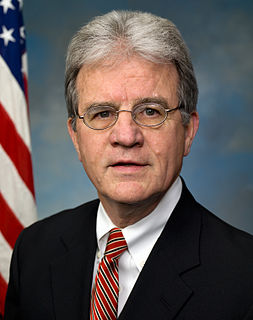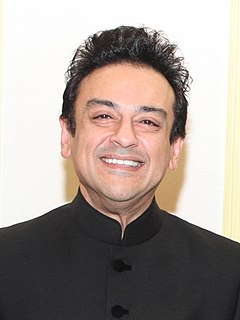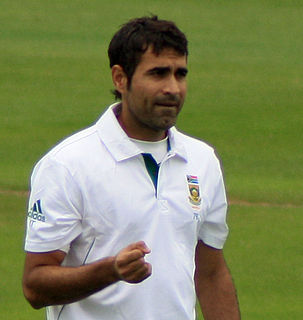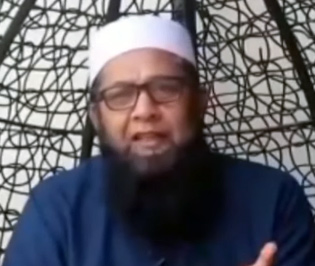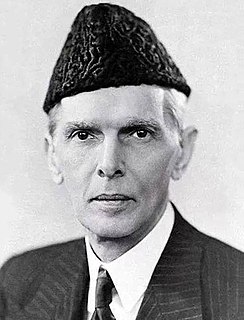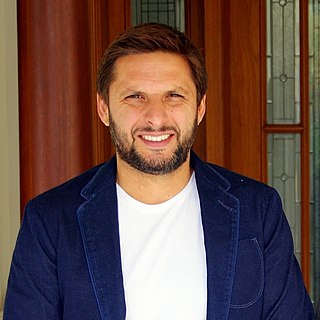A Quote by Shahbaz Bhatti
But when General Ziaul Haq introduced the strict blasphemy - 295 A, B, C - of Pakistan's penal code, then from 1986 to today there are hundreds cases that are registered under the protection of blasphemy law. And until today, no case against any minorities, and especially Christians, is proved in the higher court. The lower court would order punishment but the higher court would always acquit people. So it proves that this law is being used as a tool of victimization against minorities and innocent people of Pakistan.
Related Quotes
First of all, let me give my comments on the blasphemy law. This law was introduced by the military dictator General Ziaul Haq. No one demanded the blasphemy law in Pakistan. But he wanted to give protection to his undemocratic rule, dictatorship, by using religion. So Pakistan came into being in 1947, and from 1947 until 1986 no case against any minorities was registered under the protection of the blasphemy law. Nobody from minorities was killed and no act of violence happened [against them].
Class warfare always sounds good. Taking action against the rich and the powerful and making 'em pay for what they do, it always sounds good. But that's not the job of the Supreme Court. The Supreme Court standing on the side of the American people? The Supreme Court adjudicates the law. The Supreme Court determines the constitutionality of things and other things. The Supreme Court's gotten way out of focus, in my opinion.
As proof of this statement, consider this question: Have the people ever been known to rise against the Court of Appeals, or mob a Justice of the Peace, in order to get higher wages, free credit, tools of production, favorable tariffs, or government-created jobs? Everyone knows perfectly well that such matters are not within the jurisdiction of the Court of Appeals or a Justice of the Peace. And if government were limited to its proper functions, everyone would soon learn that these matters are not within the jurisdiction of the law itself.
In the case of Yugoslavia v. NATO, one of the charges was genocide. The U.S. appealed to the court, saying that, by law, the United States is immune to the charge of genocide, self-immunized, and the court accepted that, so the case proceeded against the other NATO powers but not against the United States.
In the case of Yugoslavia v. NATO, one of the charges was genocide. The U.S. appealed to the court, saying that, by law, the United States is immune to the charge of genocide, self-immunized, and the court accepted that, so the case proceeded against the other NATO powers, but not against the United States.
The Supreme Court is about the Constitution. It is about constitutionality. It is about the law. At its bear simplest, it's about the law. It is not about the Democrat Party agenda. Because that's what it's become. The whole judiciary has become that because that's the kind of people they have put on various courts as judges, and every liberal justice on the Supreme Court is a social justice warrior first and a judge of the law second. And if they get one more, then they will have effectively corrupted the Supreme Court.
The real debate is we've had an activist court, and the American people don't want an activist court. And the real fear from those who might oppose Samuel Alito is that he'll bring the court back within a realm where the American people might want us to be with a Supreme Court; one that interprets the law, equal justice under the law, but not advancing without us advancing, the legislative body advancing, ahead of him.












